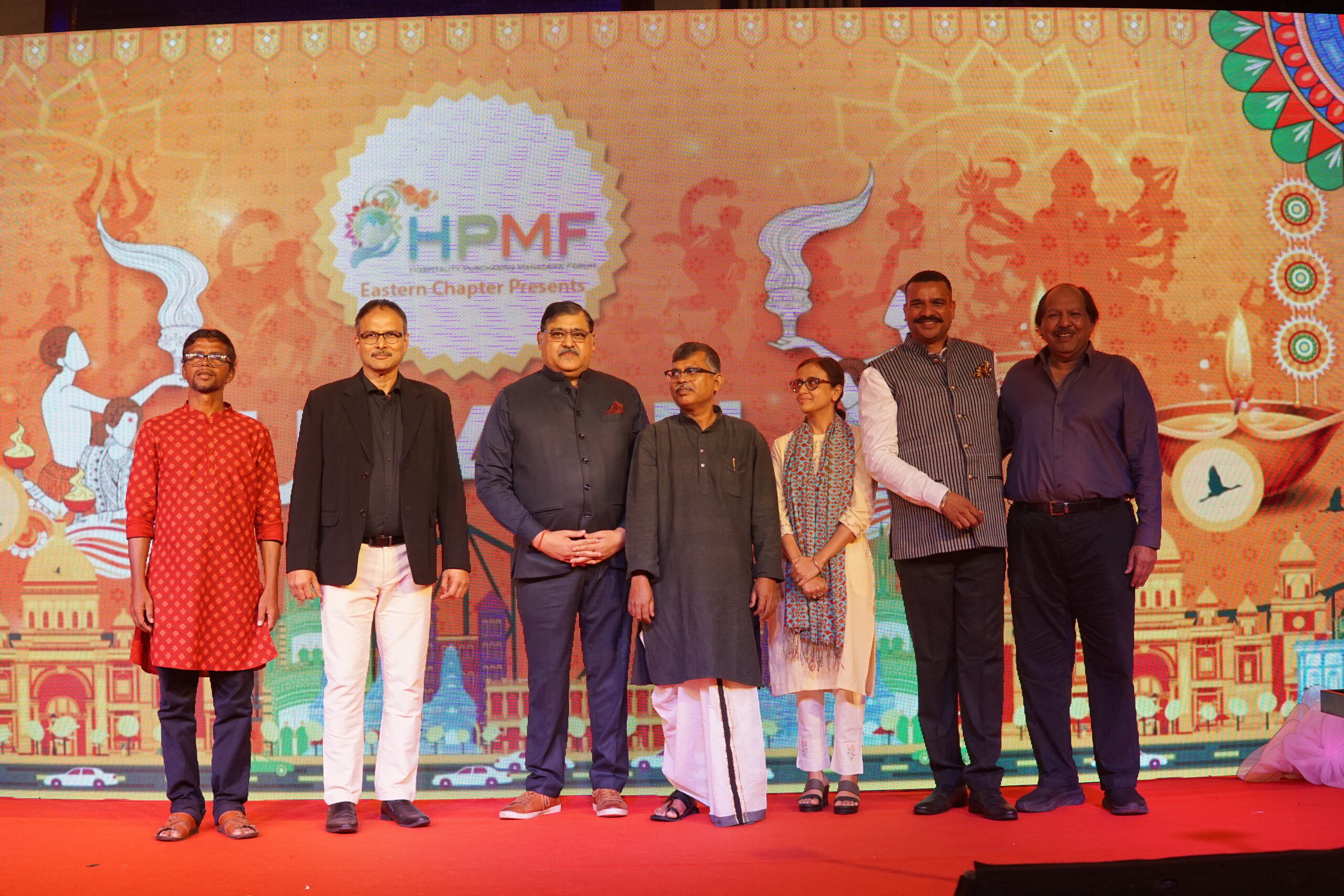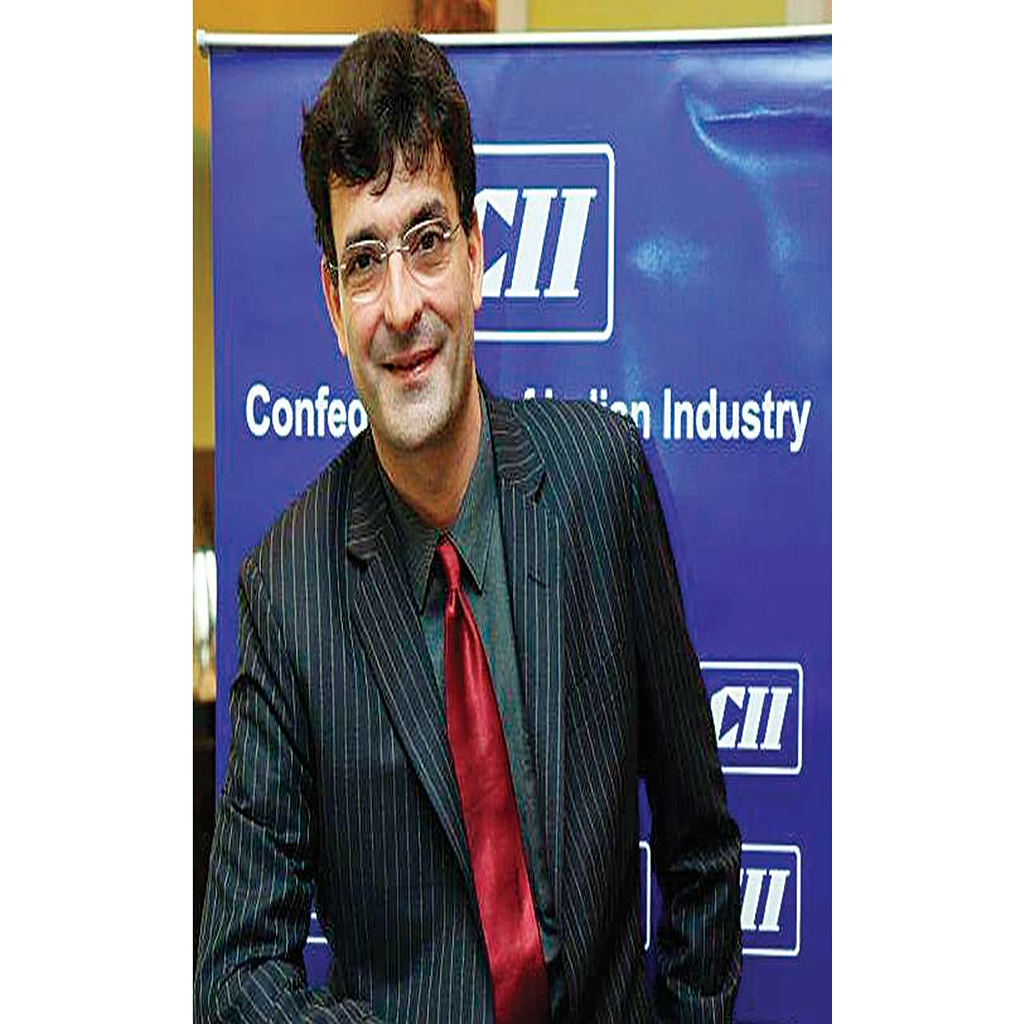
By Susana Garrido Valiente, Director of Educational Technology and Director of Spark (Innovation sphere by Les Roches) at Les Roches Marbella
Innovation is not just a luxury but a necessity. The integration of advanced technologies and sustainable practices in hotel management is crucial for enhancing guest experiences, improving operational efficiency, and maintaining competitiveness in the rapidly evolving hospitality industry.At Les Roches, our commitment to innovation is embodied in Spark, our global center of excellence in hospitality innovation, which empowers our students with the skills to lead the future of the industry.
Technological Transformation in Hospitality
The integration of technology in hospitality, from smart rooms to mobile services, is revolutionizing guest experiences and operational efficiencies. However, at Les Roches, our focus extends beyond convenience and experience to encompass substantial sustainability impacts. Technologies such as AI, automation, and the Internet of Things (IoT) are leveraged to reduce energy consumption, manage waste, and optimize resource use, demonstrating that technological advancements can align with ecological goals as well as with the life improvement of all stakeholders and communities alike.
Spark Innovation Sphere and Sustainability
Spark, our innovation sphere, is instrumental in embedding sustainable practices within our curriculum. By providing students with access to the latest research and tools, they are prepared to implement and lead sustainability initiatives in their future careers. This preparation includes the application of smart building technologies, energy management systems, and water conservation techniques. Through Spark, students explore how to utilize technology to not only enhance operational efficiency but also minimize environmental impacts.
Sustainability as a Business Strategy
In today’s hospitality industry, sustainability is a business strategy as much as an environmental imperative. Students learn to implement systems that monitor and adjust energy and water usage, significantly reducing hotels’ carbon footprints and operational costs. They are also taught the importance of integrating renewable energy sources like solar and wind power into hotel operations, which not only aids in achieving sustainability goals but also positions properties as leaders in responsible hospitality. They are also reminded that the local communities are part of those sustainable practices.
Advanced Sustainable Practices
Our institute also encourages the adoption of advanced sustainable technologies. For example, the use of RFID systems to enhance waste management and the incorporation of eco-friendly guest amenities are taught as methods to improve a hotel’s sustainability performance. These practices ensure that future hospitality leaders understand the importance of sustainable innovations in maintaining the industry’s long-term viability.
Globally, hotels are adopting technologies that not only ensure operational efficiency but also protect local ecosystems. In colder climates, properties are integrating geothermal heating systems, which use the earth’s natural heat as a renewable energy source, reducing reliance on conventional energy and lowering greenhouse gas emissions. In sunny regions, the deployment of solar panels is becoming commonplace, providing clean energy and significantly reducing electricity costs.
Water conservation is critical in arid zones where water scarcity is a prevalent issue. Many hotels have installed advanced water reclamation systems that treat and reuse greywater for irrigation and other non-potable uses, drastically reducing freshwater consumption. Furthermore, smart building management systems are being implemented across the industry to monitor and control energy and water usage in real time, ensuring optimal efficiency.
Hotels are also turning to sustainable building materials and practices during construction and renovations to minimize environmental impacts. The use of recycled materials, energy-efficient windows, and better insulation techniques are some examples that contribute to a building’s sustainability.
In addition to these technological innovations, many properties are initiating waste reduction programs that utilize technology to track waste production, recycling rates, and opportunities for waste minimization. This approach not only helps hotels reduce their ecological footprint but also positions them as responsible stewards of the environment.
Together, these practices illustrate a comprehensive approach to sustainability in the hospitality industry, showcasing a commitment to global environmental stewardship and responsible tourism. By adopting such varied and impactful measures, the industry can play a crucial role in promoting sustainability on a global scale.
As the landscape of hotel management is changing dramatically, driven by technological advancement and a shift towards sustainable operations, at Les Roches, we are dedicated to shaping the future of hospitality through sustainability and innovation. Our programs are designed to equip students with the knowledge and skills needed to lead in a rapidly changing industry. By focusing on sustainable practices, we prepare our graduates to make significant contributions to the hospitality sector, ensuring they lead with integrity and vision. For those passionate about making a difference, Les Roches offers a pathway to becoming pioneers in the sustainable transformation of hospitality.







